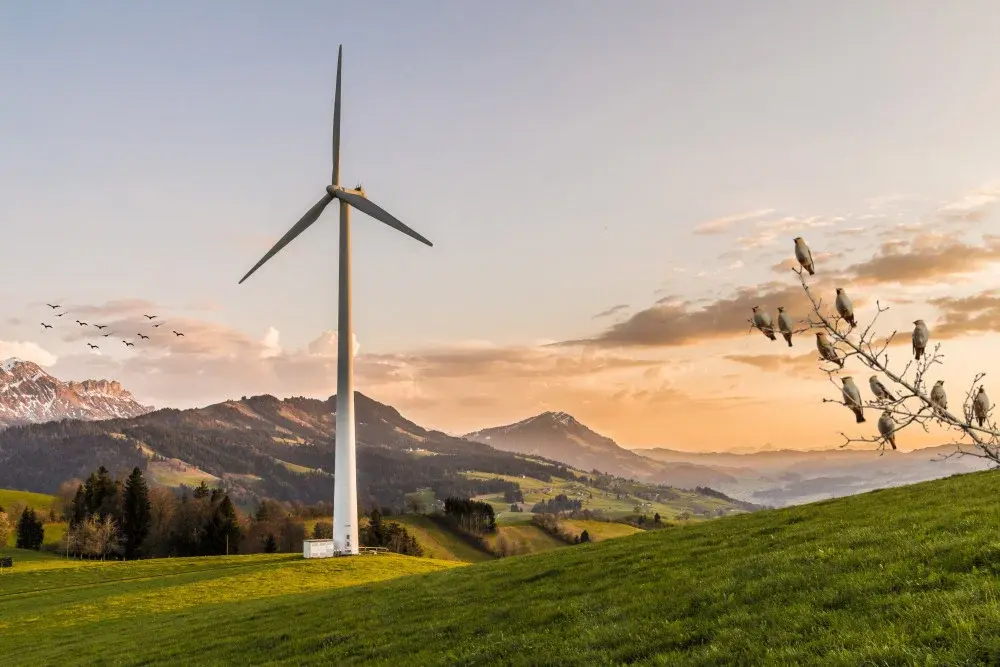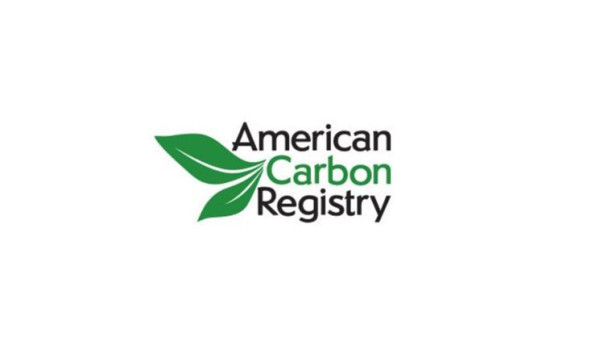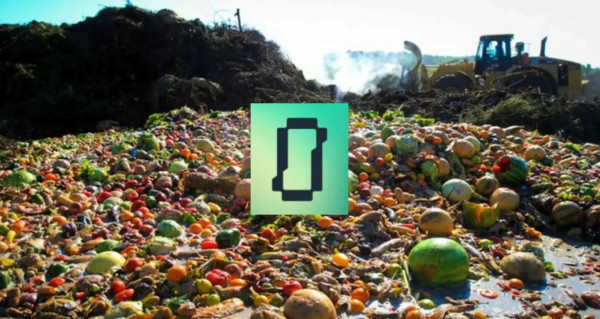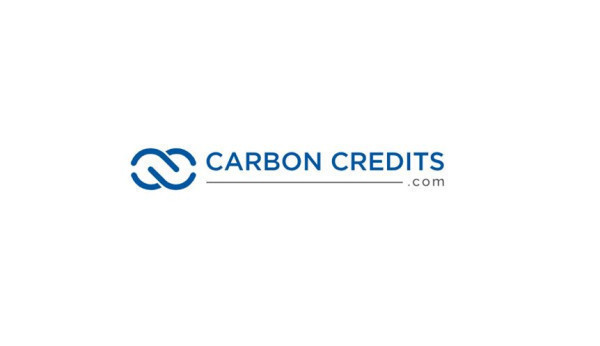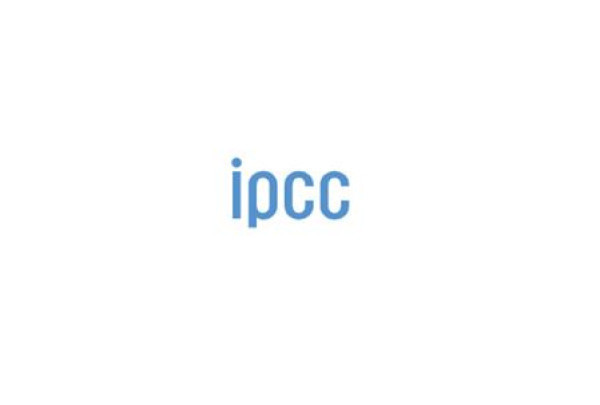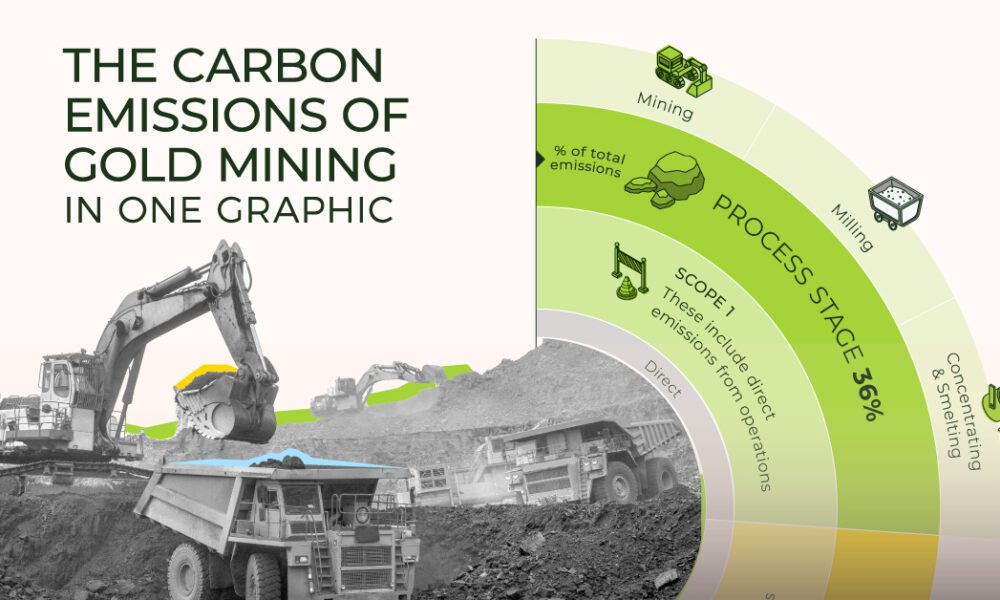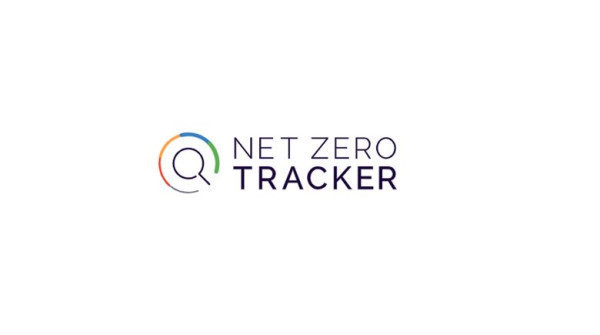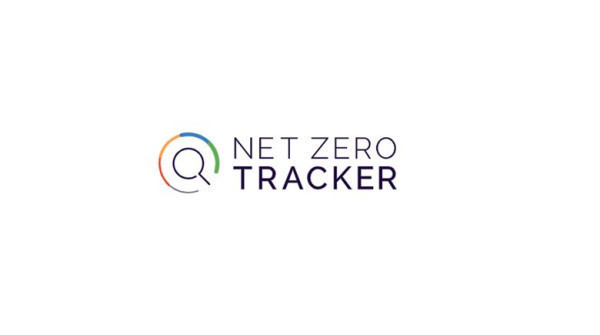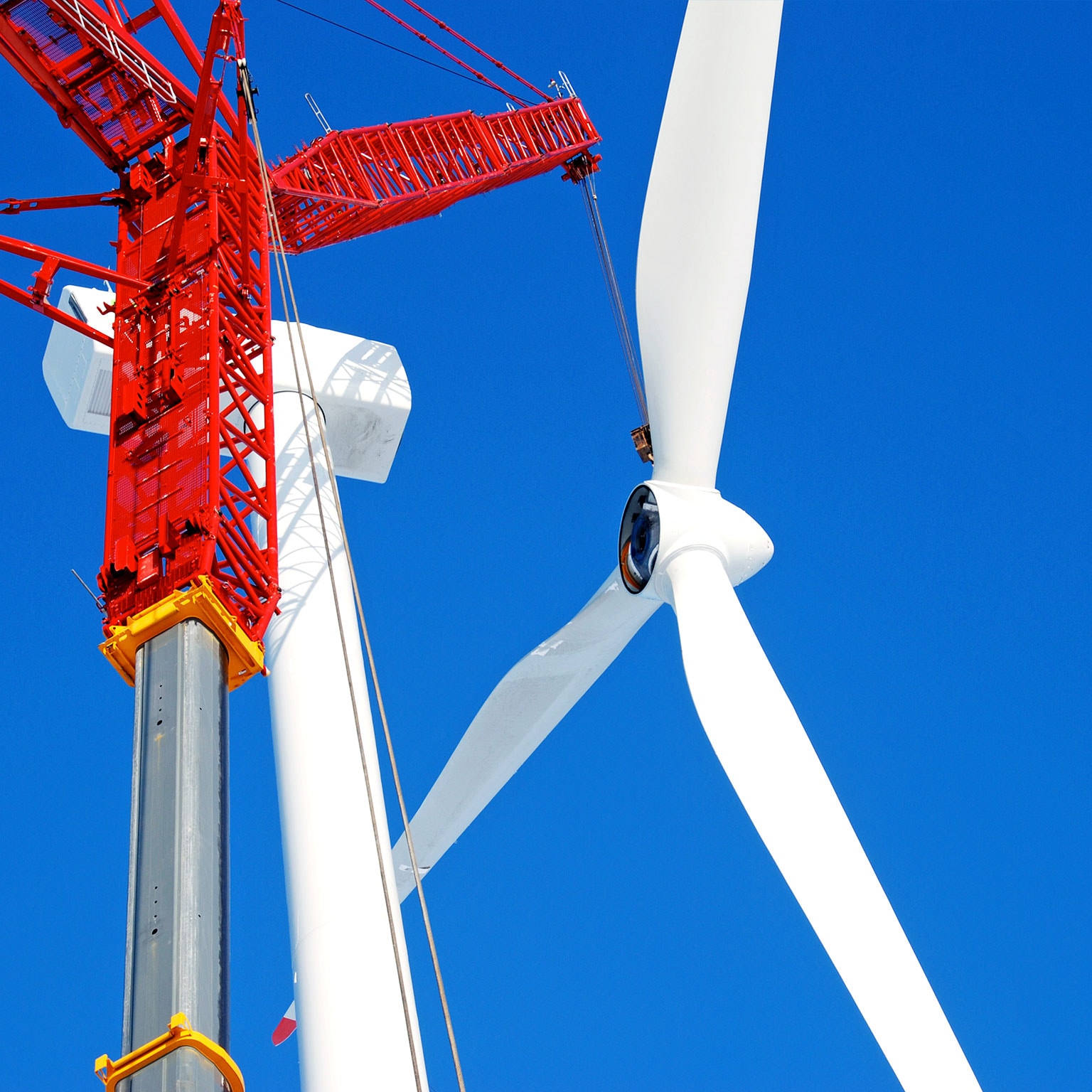-

Social
The UN Global Compact defines that Social Sustainability is about identifying and managing business impacts, both positive and negative, on people. The organization's quality of relationships with a variety of stakeholders will determine its success. Ultimately organizations have an impact on their employees, employees in their supply chain, customers and local communities. Businesses' social license to operate will be influenced by the quality of these relationships. Social sustainability in an organizational context also requires proper consideration of issues of diversity, equity and inclusion (DEI). This will affect employee wellbeing and commitment to the organization.
.webp)
Economy
The economy in the context of sustainability focuses on balancing economic growth with environmental and social well-being. The SEE (Social, Environmental, and Economic) concept emphasizes the integration of these three pillars to ensure long-term prosperity. Sustainable economic practices aim to reduce environmental impact, promote social equity, and support economic stability

Environment
The United Nations defines sustainability as “meeting the needs of the present without compromising future generations' ability to meet their own needs.” Another insightful definition is based on the Planetary Boundary definition, which is "Ensuring that human society operates within ecological boundaries". If we apply this to how organizations/corporates operate, environmental sustainability requires organizations to be stewards of the physical environment. Environmental risks threaten the planet and the global economy. Organizations that consider the impact of their activities on the environment will be better prepared to manage the associated risks, while simultaneously pursuing innovative opportunities to support the achievement of three Ps (Planet, People, Profit).

Governance
According to the OECD, Corporate governance involves a set of relationships between a company’s management, its board, its shareholders and other stakeholders. Corporate governance also provides the structure through which the objectives of the company are set, and the means of attaining those objectives and monitoring performance are determined. Good governance supports the successful implementation of environmental and social sustainability across organizations and in a wider context across countries, hence its important role in the context of ESG.

Circular Economy
The circular economy is a model which focuses on reducing waste through the recovery and reuse of resources and utilizing waste as a resource. The circular economy is based on three principles, driven by design: 1. Eliminate waste and pollution 2. Circulate products and materials (at their highest value) 3. Regenerate nature

Responsible Leadership
While there is an element of leadership which is embedded in governance, the concept of responsible leadership goes beyond good governance. Responsible leadership supports the achievement of organization performance, but this is done in a sustainable way, where the planet and people are not sacrificed at the expense of profit. Responsible leaders act sustainably by focusing on all three Ps (People, Planet, Profit) and investing in innovation that is going to support long terms sustainable growth of the organisation. Responsible leaders are selfless, are focused on the greater good rather than "selfish" personal interests and have a strong commitment to ethics.

Impact Investing & Sustainable Financing
Impact investments are made with the intention of generating positive, measurable social and environmental impact alongside a financial return. Sustainable finance refers to financial services, products, and practices that integrate environmental, social, and governance (ESG) criteria into decision-making processes to support sustainable and responsible financing of projects and activities. The consideration of ESG factors in financial decisions can contribute to businesses achieving the triple bottom line, i.e., tangible, beneficial outcomes for the environment, Society/People, while also generating profits.

Sustainability & Finance
Finance professionals and teams have a critical role in driving their organizations towards a more sustainable future. They can support and guide businesses through capital allocation by prioritizing sustainable investments and keeping sustainability at the heart of financial decisions that are aligned with the organization’s sustainability goals.

Sustainability Regulations & Frameworks
Sustainability Regulations are becoming common across various countries to support the achievement of net-zero ambitions. The number of regulations and the complexity of requirements to be met by the organizations are increasing. But regulations should not only be the reason for you to become a sustainable business. Ultimately these regulations aspire to promote the protection of the planet and the wellbeing of the people and other living creatures residing on this planet. ESG frameworks are sets of guidelines that help companies manage their ESG commitments and provide a framework to report and disclose ESG progress and commitments.

Sustainability & Assurance
Sustainability assurance is sought to enhance transparency, credibility, and accountability in how an organization manages and communicates its environmental, social, and governance (ESG) practices.

Sustainability Reports & Reporting
Sustainability or environmental, social, and governance (ESG) reports are statements published by organizations to communicate their economic, environmental, social, and governance performance to key stakeholders. They often follow international standards and guidelines and serve as a tool for transparency, accountability, and showcasing a company's commitment to sustainable business practices.

Sustainability & Law
As we stand at the intersection of environmental crises, social inequalities, and economic uncertainties, the imperative for sustainable practices has never been clearer. However, achieving sustainability isn't just about goodwill or individual efforts; it requires a robust legal framework that governs our actions, holds entities accountable, and ensures the equitable distribution of resources.

Sustainability & Design
"Sustainability and Design" refers to the integration of environmentally friendly and resource-efficient principles in the design process. It encompasses creating products, buildings, and systems that minimize ecological impact and promote longevity and recyclability. This approach encourages innovation and creativity in developing sustainable solutions for everyday needs and future challenges.

Sustainability & AI
The intersection of sustainability and artificial intelligence (AI) represents a transformative opportunity to address environmental challenges and promote more sustainable practices. While AI presents immense potential for sustainability, it is essential to consider ethical implications and the carbon footprint associated with AI development and usage. Striking a balance between technological innovation and responsible deployment is critical for realizing the full benefits of AI in advancing sustainability goals.

Sustainability & "You"
"Sustainability and You" emphasizes the individual's role in promoting environmental, social, and economic sustainability. It focuses on personal actions and lifestyle choices that contribute to a sustainable future, such as reducing waste, conserving resources, and supporting sustainable practices. This concept underscores the power of individual responsibility and action in achieving global sustainability goals.

NGOs | Not For Profit | Philanthropy
A non-governmental organization (NGO) operates independently and is not affiliated with governments. They are usually formed to positively influence and serve social and welfare causes. Most NGOs are not-for-profit organizations, i.e., they do not distribute profits to owners or shareholders. Instead, they use their funds in the pursuit of their mission. Philanthropy is referred to as actions and initiatives led by compassion to promote welfare and public good. It is usually seen in the form of donations to charities or institutions to support a meaningful cause.

Difference Makers
What drives positive change? Innovations and Initiatives are keys to problem solving and creating a positive impact that can have a ripple effect and inspire others. Difference makers are those who are thinking outside the box and tackling various issues and challenges to provide solutions through their work towards a better future.

Thought-Provoking
Where does inspiration come from? Initiatives and breakthroughs happen when we allow ourselves to think outside the “box”, challenging our own thinking, habits, and behaviors. These ideas and initiatives can have a positive multiplier effect when focused on the betterment of our planet and society and thereby contributing to positive change.

Resources
Research informs many of our decisions and can make us rethink our perspectives. There is a flow of information on ESGL topics including articles, reports, journals, and insights that provide opportunities for constant learning and keeping updated with the latest findings, all of which can support individuals and businesses on their sustainability journey

Dictionary & Definitions
What is GHG? CDP? GRI? ISSB? The alphabet soup requires clarification, and we created a “one-stop” page that gives you the choice of choosing a dictionary that helps you understand abbreviations and concepts related to ESGL and sustainability in general.

ESGL
ESG can be defined as a risk management and investment framework that seeks to evaluate the financial risks that environmental (E), social (S), and governance (G) factors pose for a company’s value, i.e. what is the impact on the company's performance of ESG factors. When we talk about sustainability, the focus is on the impact an organization has on the planet and society. (Responsible) Leadership demands integration of ESG and sustainability i.e., organizations do not care only about how environmental, social justice and governance (ESG) issues affect the bottom line, but they are also concerned how their operations affect the planet and society.

SMEs Hub
Small and Medium Enterprises (SMEs) are the engine of any economy, supporting both innovation and job creation. According to statistics, SMEs employ half of the world’s working population and account for more than 90% of businesses worldwide. SMEs’ innovations are contribution to a more sustainable world; rarely does a day passe where we do not hear of a climate-related innovation that has been driven by the entrepreneurial and innovative efforts of a SME.

Foundation
This is where you should start if you want to familiarize yourself with the key concepts related to sustainability and ESGL.

Sustainability Officers
This section offers resources that allow a sustainability professional to dive deeper into the world of sustainability and ESGL.

C-Suite/Board Directors
You are a busy C-suite officer or a board director with limited time but keen to understand sustainability and ESG concepts and how these impact the organizational strategy and decision-making. Similarly, you are also keen to understand the impact your organization has on the environment and the social fabric that you are part of. This section will equip you with insightful information and knowledge that can assist you in fulfilling your role more effectively.

Green Buildings & Sustainable Built Environment
Buildings contribute 39% of global energy-related carbon emissions, with 28% coming from operational emissions, 11% from materials and construction. Sustainable buildings aim to reduce energy and water consumption, contributing to sustainable urban development and combating climate change. This focus room provides insights into best practice guidelines, principles, and real case studies to enhance understanding of Green Buildings and Sustainable Built Environment.

ESG Software
ESG software section will allow you to choose a software provider that can assist you in your journey towards a more sustainable future, where materiality assessments, emissions calculations, and ESG reporting are facilitated by automation, amongst other requirements. This will allow you to focus on areas where you can make a difference: influencing right decisions and behaviours with effective strategy and execution of initiatives that contribute to a healthier, ‘cleaner” and fairer planet.

Advisory
This is your advisory market to check out potential advisory services providers that can assist you in advancing and achieving your sustainability strategy and goals.

Jobs
This is your jobs market. Check out to find your next opportunity in a sustainability-related area.

Ratings
Ratings market lists agencies that can provide you with an independent ESG-related performance evaluation, which may then be translated into a rating score, allowing investors an insight into your sustainability performance and commitment.

Middle East
The Middle East region faces challenges in balancing its economic dependence on fossil fuels while working towards sustainable initiatives to reduce reliance on fossil fuels. Investments have been made on diversification, renewable energy projects, energy efficiency, sustainable development towards net zero emissions targets.

Europe
Europe faces climate, socioeconomic, and legislative challenges. The region is advancing ESG and sustainability through laws and cooperation in the pursuit of a low-carbon and inclusive future, as it works towards transitioning away from fossil fuels and making investments in clean energy.

Asia-Pacific
The Asia-Pacific region faces economic growth, urbanization, and environmental challenges, which require diverse efforts, collaboration, innovation, and commitment for a sustainable future.

Americas
The Americas face sustainability challenges like deforestation and pollution, necessitating collaboration between governments, businesses, communities, and international organizations, particularly in the Amazon rainforest for climate regulation.

Africa
Africa faces challenges in sustainable development due to climate change, biodiversity loss, and resource management, necessitating an integrated approach involving economic growth, social equity, and environmental stewardship.

Cop 29
The 29th Conference of the Parties (COP29) is a significant international event focused on climate change and environmental policy, where representatives from various countries convene to discuss and negotiate global climate action. The conference aims to assess progress in dealing with climate change and to establish legally binding agreements for reducing carbon emissions. COP29 serves as a critical platform for global leaders, environmental experts, and activists to collaborate on sustainable solutions and to advance the goals of the Paris Agreement.

COP 27
The Conference of Parties (COP) is an annual international convention where countries come together to discuss and assess climate change. COP 21 in Paris gave birth to the landmark Paris Agreement. COP27 took place in Egypt in 2022, reflecting the importance of Middle East in climate discussions, considering that the abundance of fossil fuels has made the region a critical player in the global energy landscape and thereby an influential player in discussions towards the phasing down/out of fossil fuels.

COP 28
COP28 is set to take place in the UAE between 30th November and 12th December 2023. The first Global Stocktake of the implementation of the Paris Agreement will be concluded at COP 28, with the aim of assessing worldwide progress across the achievement of the Paris Agreement climate goals towards limiting global warming temperatures to 1.5°C. The COP28 Presidency will be focusing on fast-tracking the energy transition and slashing emissions before 2030; transforming climate finance, by delivering on old promises and setting the framework for a new deal on finance; putting nature, people, lives, and livelihoods at the heart of climate action; and mobilizing for the most inclusive COP ever.

Paris Agreement
The Paris Agreement is a legally binding international treaty on climate change. It was adopted by 196 Parties at the UN Climate Change Conference (COP21) in Paris, France, on 12 December 2015. It became effective on 4 November 2016. Its overarching goal is to hold “the increase in the global average temperature to well below 2°C above pre-industrial levels” and pursue efforts “to limit the temperature increase to 1.5°C above pre-industrial levels.” Net zero is an ideal state where the amount of greenhouse gases (GHGs) released into the earth’s atmosphere is balanced by the amount of GHGs removed. Decarbonization efforts are needed to reach net zero.

United Nations SDGs
The SDGs, unanimously adopted by United Nations Member States in 2015, lay out 17 goals for the world to achieve by 2030 with a view to ending poverty, protecting the planet, and ensuring that all people enjoy peace and prosperity.

ESG Course In 9 Weeks New
ESGL is delighted to present you the 9-weeks virtual ESG course by Nawar AlSaadi. At ESGL, we believe that education and knowledge-sharing are among the most crucial drivers of a sustainable transition. We hope these resources support and inspire you on your sustainability journey.

Courses / Training
This section opens up for you different options to enhance your knowledge and understanding of sustainability, ESG, Leadership and associated topics. This page showcases a range of free and paid courses, to assist you in making the right decision.
Contribute articles to library? Contact Us
-

News
We live in a “global village”, the “South” and the “North” have never been as connected

Newsletters
ESGL aspires to promote initiatives that work towards sustainable outcomes, contributing to a health
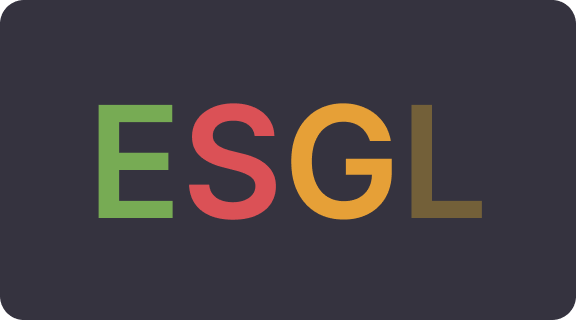
ESGL Newsletter

ESG, Leadership, and Sustainability News and Insights that Inspire Reflection and Drive Positive Cha
-
About Us
ESGLibrary aspires to be your "place to go" for all matters related to sustainability, your...
Sponsorship
ESGL is a virtual meta library dedicated to Environmental, Social, Governance, and Leadership (ESGL)
Services
ESG services help organizations improve and report on their environmental impact, social practices,
Global Goals
Categories

Social
.webp)
Economy

Environment

Governance

Circular Economy

Responsible Leadership

Impact Investing & Sustainable Financing

Sustainability & Finance

Sustainability Regulations & Frameworks

Sustainability & Assurance

Sustainability Reports & Reporting

Sustainability & Law

Sustainability & Design

Sustainability & AI

Sustainability & "You"

NGOs | Not For Profit | Philanthropy

Difference Makers

Thought-Provoking

Resources

Dictionary & Definitions

ESGL
close
Focus Rooms
Markets
News
ESGL Special | Regions
COP
WEF-Davos
Courses / Trainings
Watch & Learn
Podcasts
About ESGL
Contact Us


